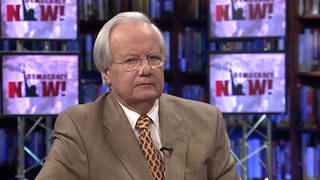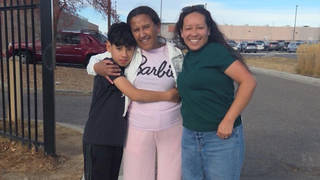Today, we hear a lot about “democracy” from politicians and the mainstream media. Just a year ago, Kamala Harris claimed the U.S. was the “greatest democracy in the history of the world.” Meanwhile Trump, in his inaugural address to his second term, preached about how his return to office would restore democracy and freedom. Democrats, meanwhile, claim that Trump is a threat to “our democracy,” using it to help make themselves seem like the lesser of two evils.
And while it’s true that he attacks democratic rights in every way, the idea that before Trump there was real democracy for the working class and oppressed is laughable.
The post What Is An Assembly? A Guide To True Democracy appeared first on PopularResistance.Org.
This post was originally published on PopularResistance.Org.





